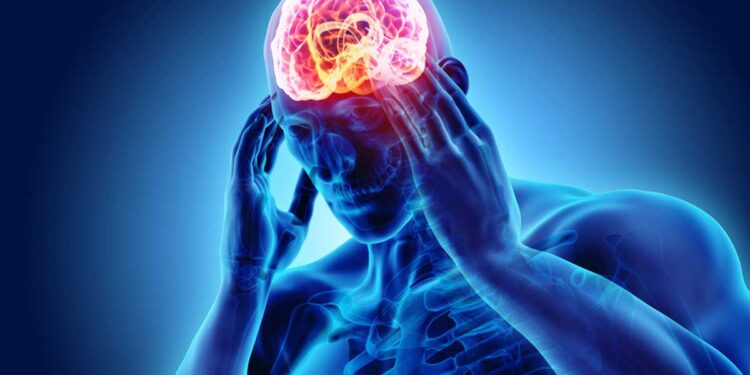Brain cancer is a complex and potentially life-threatening condition that occurs when abnormal cells grow uncontrollably within the brain. Detecting brain cancer in its early stages is crucial for timely intervention and improved treatment outcomes. One way to recognise the presence of brain cancer is by being aware of its common symptoms. This article will explore brain cancer symptoms drawing information from any comprehensive guide on brain tumours.
Headaches

Persistent or progressively worsening headaches are one of the most common symptoms of brain cancer. These headaches may be more severe in the morning or wake you up from sleep. They can also cause nausea, vomiting, or sensitivity to light. If you experience recurring headaches, it is essential to consult a healthcare professional for further details.
Seizures
Unexplained seizures or convulsions can indicate the presence of brain cancer. Seizures occur when there is irregular electrical activity in the brain. They can manifest as jerking movements, loss of consciousness, or unusual sensations. Medical attention should be sought promptly if you or a loved one experiences a seizure for the first time.
Cognitive and Behavioural Changes
Brain cancer can affect cognitive functions, leading to thinking, memory, and behaviour changes. These changes may include difficulty concentrating, memory loss, confusion, mood swings, irritability, or personality changes. While various factors can cause these symptoms, their persistence should be evaluated by a medical professional.
Vision and Hearing Problems
Brain tumours can impact the optic nerves and other vital structures responsible for vision and hearing. Blurred vision, double vision, peripheral vision loss, or hearing difficulties without apparent cause may be signs of brain cancer. If you experience sudden or unexplained changes in your vision or hearing, it is important to undergo a thorough examination.
Motor and Coordination Issues
Brain tumours can affect the motor functions and coordination of an individual. Weakness or numbness in one side of the body, difficulty walking or balancing, clumsiness, or a lack of coordination can indicate brain cancer. If you notice any unexplained motor problems, it is advisable to consult a healthcare professional promptly.
Speech and Language Problems
Brain cancer can also affect speech and language abilities. Slurred speech, difficulty finding words, trouble understanding language, or sudden changes in speech patterns can be early warning signs. Medical evaluation is necessary if you or someone you know experiences persistent speech and language difficulties.
Changes in Sensation
Brain tumours may cause changes in sensation, such as tingling, numbness, or a loss of sensation in certain body parts. These sensory changes can occur in the face, arms, legs, or other body areas. If you experience any unusual sensations, discussing them with a healthcare provider is important.
Furthermore, it’s important to note that these symptoms do not necessarily indicate brain cancer, as they can also be associated with other medical conditions. However, if you or a loved one experience any of these symptoms persistently or progressively worsen over time, it is crucial to seek medical attention for a proper diagnosis. A thorough assessment by a healthcare professional, including diagnostic tests such as imaging scans, will help determine the underlying reason for these symptoms and guide appropriate treatment measures.
Conclusion
Recognising the common brain cancer symptoms is crucial for early detection and timely treatment. If you or a loved one experiences persistent or unexplained symptoms such as headaches, seizures, cognitive changes, vision or hearing problems, motor or coordination issues, speech and language difficulties, or changes in sensation, it is important to consult a healthcare professional for proper evaluation. Early detection can greatly improve brain cancer’s prognosis and treatment options. Stay vigilant and prioritise your health.
Read Also: 8 Medical Conditions You Should Worry About as You Get Older























